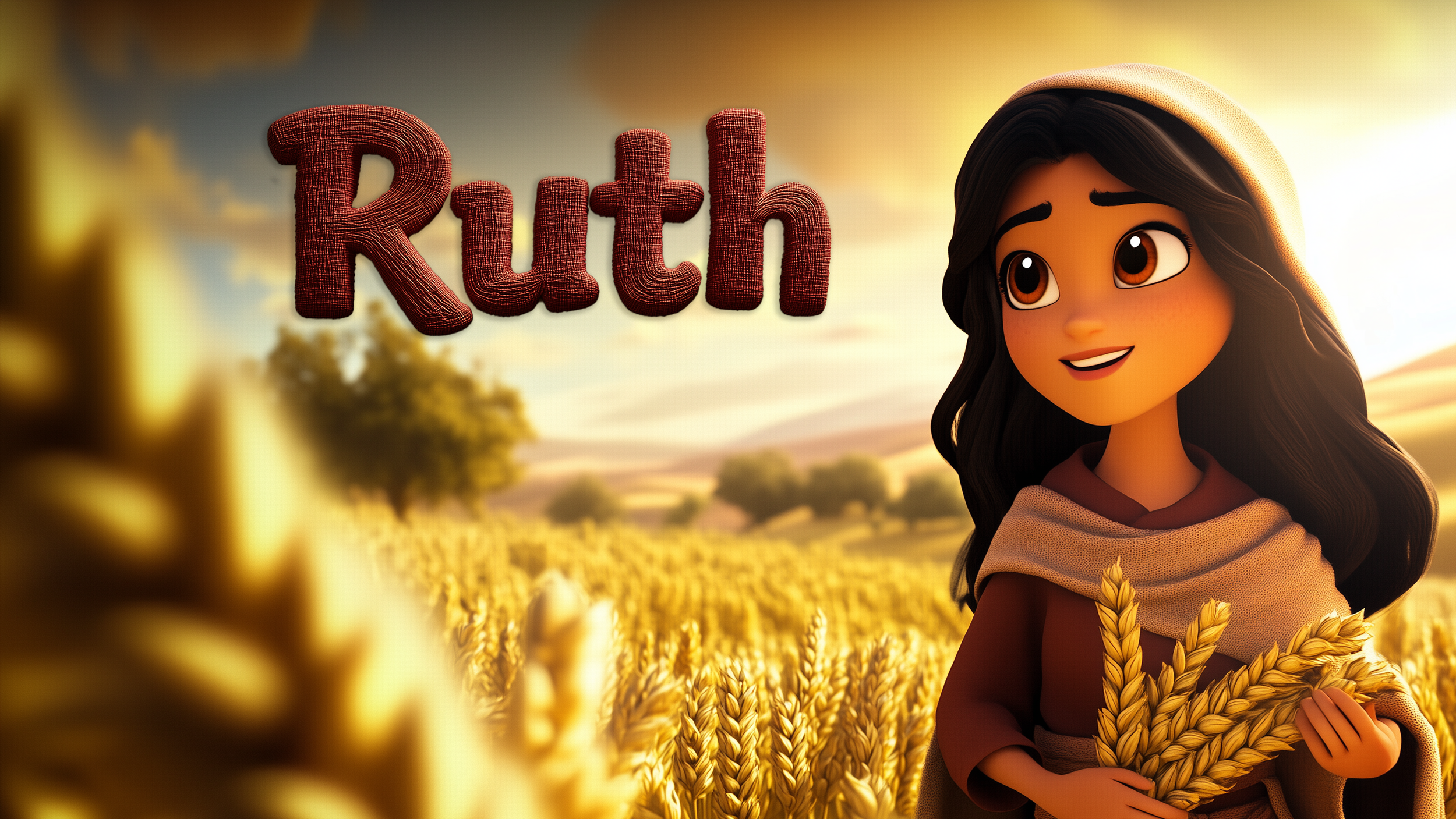Take Refuge
READ
By the time we reach chapter 2, Ruth and Naomi have made the difficult journey from Moab to Bethlehem, arriving at the beginning of the barley harvest. They have no money, no home, and no male relatives to provide for them. Ruth immediately takes the initiative, volunteering to glean in the fields—essentially collecting leftover grain that harvesters had missed. This was backbreaking work reserved for the poorest of the poor, but it was their only option for survival.
Significantly, Ruth ends up in Boaz's field "as it happened" (Ruth 2:3). This wasn't a coincidence—it was providence. Boaz was actually a relative of Naomi's deceased husband Elimelech, though neither Ruth nor Naomi knew this yet.
Let’s take a moment to read Ruth 2:11-12:
Boaz replied, “I’ve been told all about what you have done for your mother-in-law since the death of your husband—how you left your father and mother and your homeland and came to live with a people you did not know before. May the Lord repay you for what you have done. May you be richly rewarded by the Lord, the God of Israel, under whose wings you have come to take refuge.”
REFLECT
Boaz's words to Ruth reveal something powerful: her reputation had preceded her. Before they even met, everyone in Bethlehem was talking about the young Moabite woman who had given up everything to care for her mother-in-law. Her character had become her calling card.
Notice what impressed Boaz most—not Ruth's appearance or charm, but her sacrifice and faithfulness. In a culture where women had few options and foreigners faced discrimination, Ruth had chosen the harder path out of love. She had left everything familiar to enter a world where she would always be "the Moabite," always the outsider looking in.
Boaz recognizes that Ruth has placed herself under God's protection, seeking refuge "under His wings." This beautiful metaphor suggests both vulnerability and trust—like a baby bird finding safety and warmth under its mother's feathers. Ruth had made herself vulnerable by leaving Moab, but she had also positioned herself to receive God's care and provision.
The phrase "May the Lord repay you" is significant because it acknowledges that Ruth's sacrifices hadn't gone unnoticed by God. Sometimes we wonder if our quiet acts of service and love matter to anyone. Ruth's story reminds us that God sees every sacrifice, every moment of faithfulness, every choice to put others before ourselves.
Boaz's blessing also reveals God's heart for immigrants and foreigners. Ruth was exactly the kind of person who could have been marginalized or ignored, but God was already positioning her for blessing. Her foreign birth didn't disqualify her from God's favor—it positioned her to show the world that God's love extends beyond tribal and national boundaries.
This passage teaches us that character is built in private moments but revealed in public spaces. Ruth's faithfulness to Naomi wasn't performed for an audience, but it created a reputation that opened doors she never could have imagined. Her integrity became her greatest asset.
RESPOND
Take a moment to process what God might be leading you to do in light of what you read.
What kind of reputation are you building through your daily choices and actions?
How has God been your refuge during difficult seasons of your life?
In what ways can you extend God's love to people who might feel like outsiders?
REST
Take a moment to rest in God’s presence and consider one thing you can take away from your time reading, then close your devotional experience by praying:
Father, help me build a character that honors You in both private and public moments. Thank You for being my refuge and strength. Use my faithfulness, however small, to bless others and bring glory to Your name. Amen.

